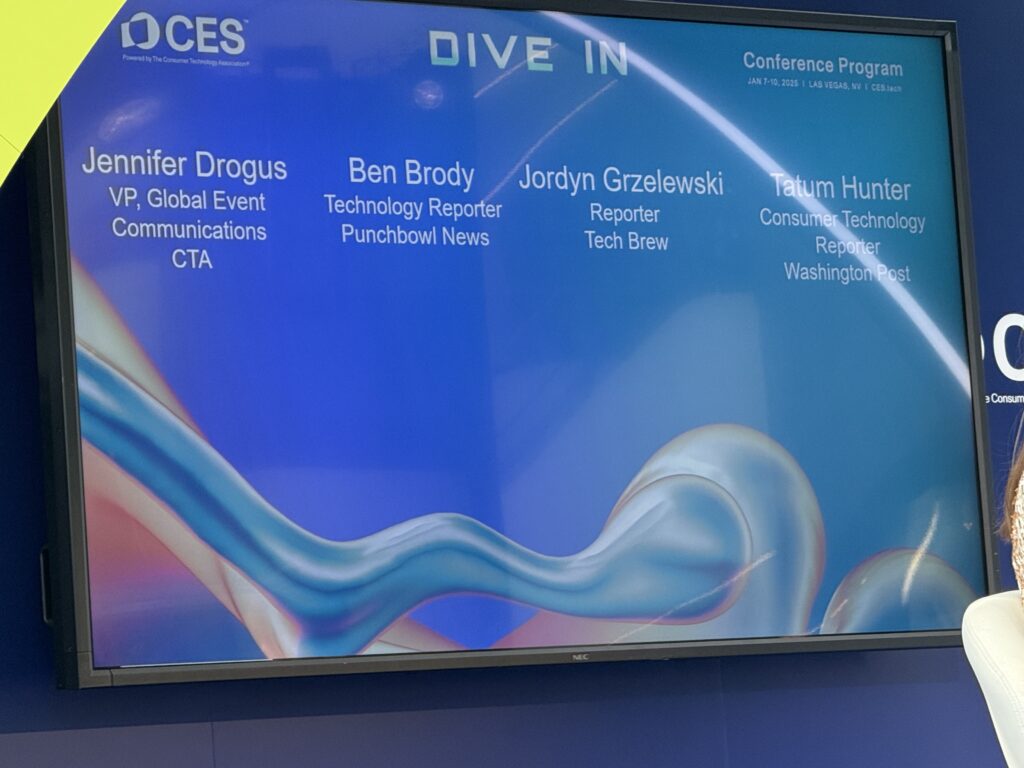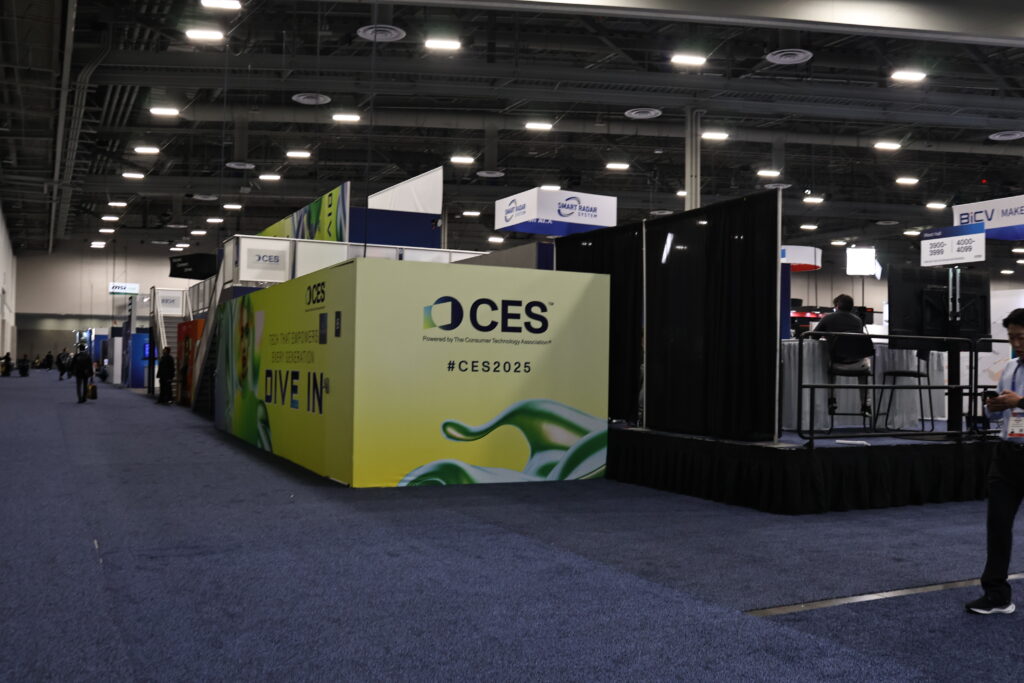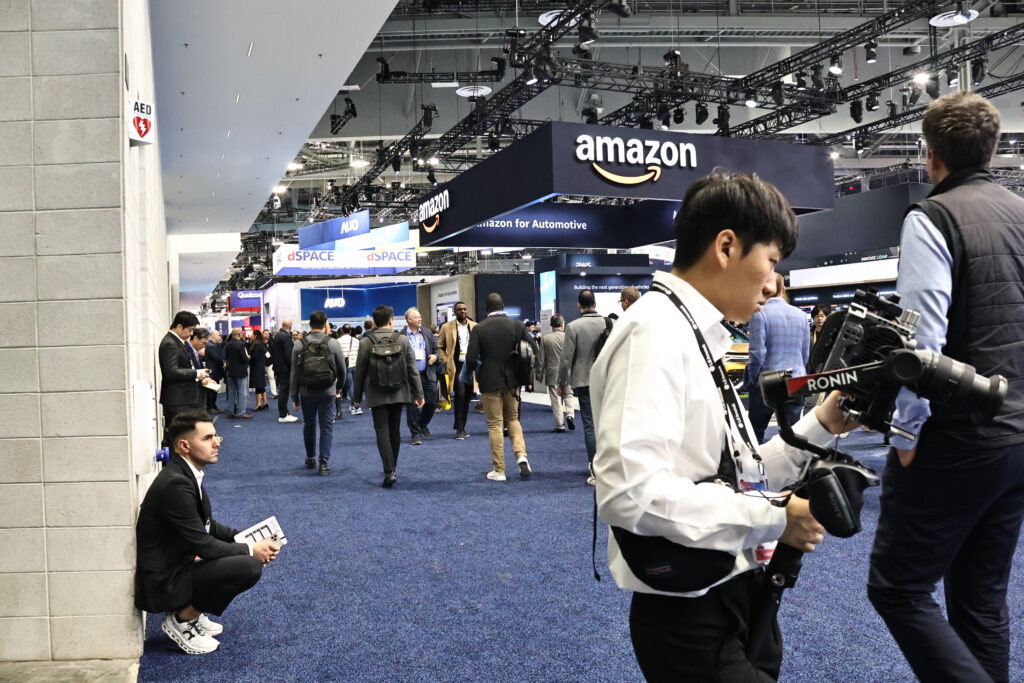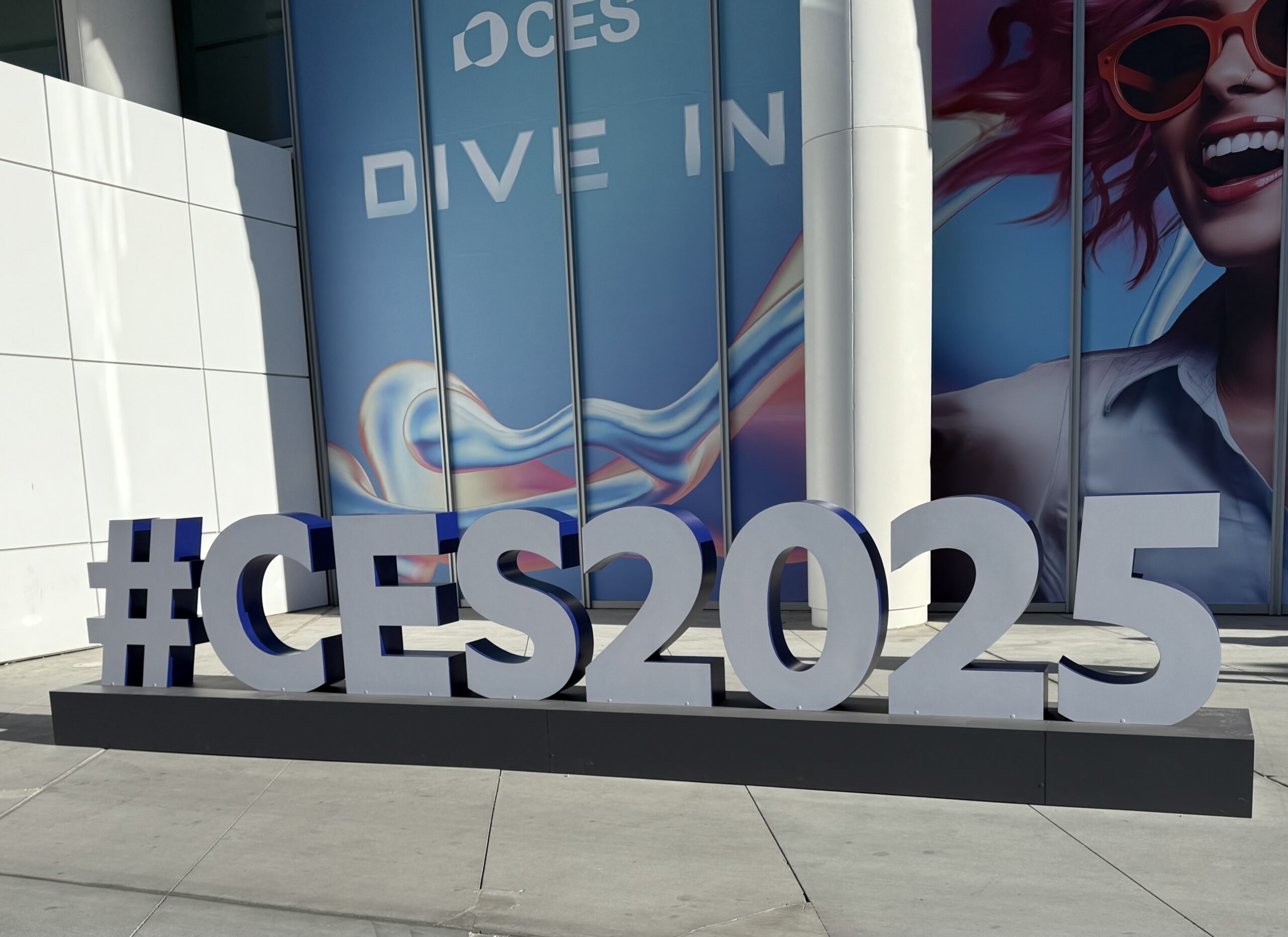The Consumer Electronics Show (CES) 2025 in Las Vegas set the stage for insightful discussions on the intersection of technology, policy, and global innovation. In a compelling panel discussion held at the Westgate Convention Center, Jennifer Drogus, VP of Global Event Communications at the Consumer Technology Association (CTA), was joined by Ben Brody, Technology Reporter for Punchbowl News; Jordyn Grzelewski, Reporter for Tech Brew; and Tatum Hunter, Consumer Technology Reporter for The Washington Post. The panel delved into critical topics including advancements in artificial intelligence (AI), the future of autonomous vehicles, and the potential implications of Donald Trump’s impending administration.
Technology at the Forefront
With technology advancing at an unprecedented pace, the speakers kicked off the discussion by exploring how AI and autonomous vehicles are shaping industries and societies worldwide. Jennifer Drogus highlighted CES’s role in showcasing cutting-edge innovations, emphasizing that the event serves as a barometer for where technology is heading.

“AI is no longer confined to tech circles,” Drogus said. “It’s becoming deeply embedded in everyday life, influencing healthcare, transportation, and even the way we communicate.”
Jordyn Grzelewski echoed this sentiment, noting that AI’s applications are expanding rapidly. She pointed to breakthroughs in generative AI, machine learning, and robotics as examples of technology reshaping traditional business models. “The question is no longer whether AI will impact industries, but how we regulate it to ensure ethical and equitable use,” Grzelewski explained.

Autonomous vehicles also took center stage in the conversation. Ben Brody detailed the progress being made in self-driving technologies and the challenges faced by companies like Tesla and Waymo in achieving widespread adoption. “Autonomous vehicles promise transformative changes to transportation, reducing accidents and congestion. But regulatory frameworks need to catch up with innovation,” Brody remarked.
Tatum Hunter added that while autonomous vehicles are a game-changer, public trust remains a hurdle. “People need to feel safe with these technologies. Clear communication and robust testing are essential to gaining that trust,” she said.

Policy Predictions Under the Trump Administration
As the discussion shifted to the political landscape, the panelists examined how Donald Trump’s return to the presidency might influence technology and innovation. Scheduled to take office on January 20, Trump’s policies are expected to have significant ramifications for the tech industry.
Jennifer Drogus emphasized that the Trump administration’s stance on tariffs and trade could reshape global supply chains. “Tariffs have always been a tool for the Trump administration, and their reintroduction could impact the availability and cost of technology components,” she said.
The conversation also touched on immigration policies, with Jordyn Grzelewski stressing the importance of talent mobility in tech. “Tech innovation thrives on diverse talent pools. Stricter immigration laws could hinder the ability of companies to attract global expertise,” she noted.
Ben Brody provided insights into the administration’s potential approach to AI regulation. “Trump’s leadership style has historically leaned toward deregulation, but with AI’s rapid growth, there may be calls for more oversight to address concerns around privacy, security, and job displacement,” he said.
Elon Musk’s Influence and the Role of Industry Leaders
A highlight of the session was the panel’s discussion on Elon Musk’s role as a tech industry disruptor. Known for his ventures in electric vehicles, space exploration, and AI, Musk continues to be a polarizing figure.
Tatum Hunter analyzed Musk’s impact on the tech landscape, describing him as a visionary who often operates at the intersection of innovation and controversy. “Musk’s ability to push boundaries is undeniable, but his influence raises questions about accountability in the private sector,” she said.
Jennifer Drogus pointed out that Musk’s leadership style often challenges conventional norms, which can inspire but also polarize stakeholders. “He’s a key player in shaping the future of technology, but his actions highlight the need for balanced leadership that considers both innovation and societal impact,” Drogus said.
Strategic Regulation: A Balancing Act
One of the key takeaways from the discussion was the need for strategic regulation to manage the rapid growth of technology. The panelists agreed that while regulation is necessary to ensure ethical practices, it should not stifle innovation.
Ben Brody emphasized that policymakers must collaborate with industry leaders to create frameworks that address emerging challenges. “Regulation shouldn’t be about controlling technology but enabling it to grow responsibly,” he said.
Tatum Hunter added that public engagement is crucial in shaping policies. “Citizens need to be informed and involved in discussions about technology. Transparency from both governments and companies is vital,” she stated.
Reflections on What Lies Ahead
As the session concluded, the panelists shared their reflections on the road ahead for technology and policy. Jordyn Grzelewski expressed optimism about the potential of AI and autonomous vehicles to solve pressing global issues, from climate change to urban congestion.
Jennifer Drogus called for a collaborative approach to addressing challenges. “We’re at a crossroads where technology, policy, and society intersect. Collaboration between governments, businesses, and communities will determine the path forward,” she said.
Ben Brody and Tatum Hunter agreed that 2025 would be a pivotal year for technology and governance. “This is a year of transformation. How we navigate it will set the tone for decades to come,” Hunter concluded.
Final Thoughts
The CES 2025 panel offered a thought-provoking glimpse into the evolving relationship between technology and policy. From AI’s transformative potential to the implications of a new administration, the session underscored the importance of dialogue and collaboration in shaping the future.
As the world watches how these dynamics unfold, one thing is clear: the convergence of technology and policy will continue to influence every aspect of our lives. CES remains a vital platform for these critical conversations, reminding us that innovation is not just about creating new tools but also about building a better, more inclusive future.


